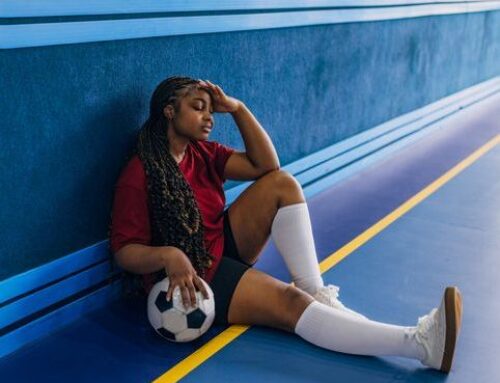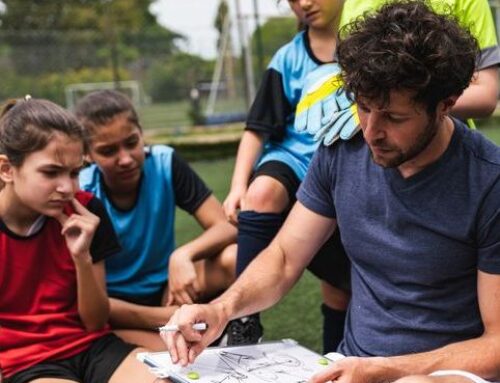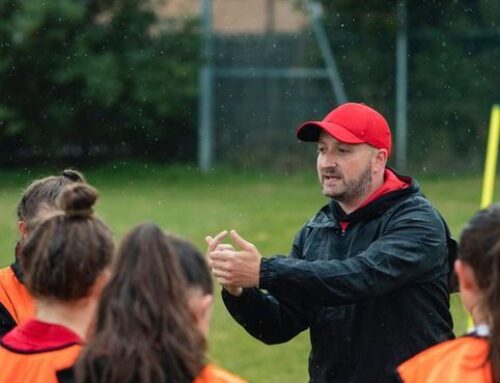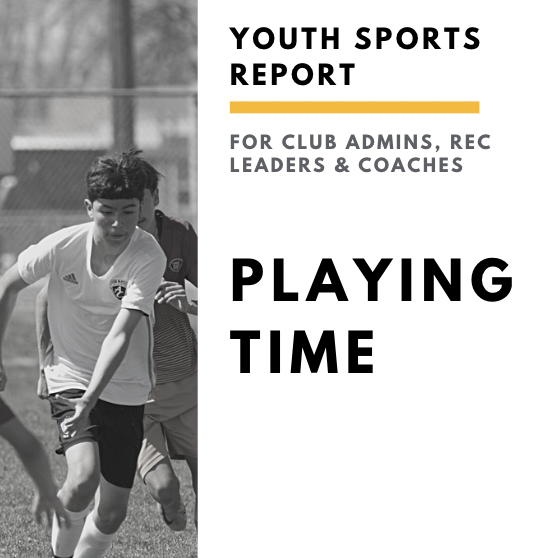Get our exclusive report. Download the iSport360 Club Switching Report Here – For Club Admins, Rec Leaders and Coaches.
How much water do you need for practice?
Hydrate, hydrate, and hydrate some more. So how much water do you really need for practice. Hydration is a fundamental aspect of athletic performance and overall health, especially for youth athletes. Ensuring young athletes consume adequate water before, during, and after practice is crucial for maintaining their physical and mental well-being. But how much water do youth athletes really need for practice?
Importance of Hydration
Water is vital for regulating body temperature, maintaining blood volume, and facilitating muscle contractions. Proper hydration enhances athletic performance by preventing fatigue, reducing the risk of heat-related illnesses, and aiding in recovery. Dehydration, on the other hand, can lead to decreased coordination, muscle cramps, and even serious health complications.
Factors Affecting Hydration Needs
Several factors influence how much water a youth athlete needs:
- Age and Size: Younger and smaller athletes typically require less water than older, larger ones. However, their bodies still need adequate hydration to support their activity levels and growth.
- Activity Level: The intensity and duration of the practice significantly impact hydration needs. High-intensity or prolonged activities increase water loss through sweat.
- Environmental Conditions: Hot and humid conditions accelerate sweat production, increasing the risk of dehydration. Conversely, cold weather can also be dehydrating as the body uses more water to maintain temperature.
- Individual Sweat Rate: Some athletes naturally sweat more than others. Monitoring sweat loss can help determine specific hydration requirements.
General Hydration Guidelines
While individual needs vary, general guidelines can help ensure youth athletes stay properly hydrated:
- Before Practice: It’s important to start practice well-hydrated. Youth athletes should drink about 16-20 ounces (approximately 2-2.5 cups) of water 2-3 hours before practice. Additionally, consuming another 8 ounces (1 cup) about 20-30 minutes before activity ensures adequate hydration levels.
- During Practice: Athletes should aim to drink 7-10 ounces (about 1 cup) of water every 10-20 minutes during practice. Regular hydration breaks can help maintain optimal fluid levels, especially during intense or extended sessions.
- After Practice: Post-practice hydration is crucial for recovery. Youth athletes should drink 16-24 ounces (2-3 cups) of water for every pound of body weight lost during practice. Weighing athletes before and after practice can help determine how much water was lost and needs to be replenished.
Recognizing Dehydration
It’s important to teach youth athletes to recognize the signs of dehydration, which include:
- Thirst: Feeling thirsty is a late indicator of dehydration. Athletes should drink water regularly, even if they don’t feel thirsty.
- Dry Mouth and Lips: A dry sensation in the mouth and on the lips can signal dehydration.
- Dark Urine: Urine that is dark in color is a clear sign of inadequate hydration. Ideally, urine should be light yellow or straw-colored.
- Fatigue and Dizziness: Feeling unusually tired, dizzy, or lightheaded can indicate dehydration.
- Headache: Persistent headaches during or after practice can result from a lack of fluids.
Encouraging Healthy Hydration Habits
Coaches, parents, and caregivers play a pivotal role in promoting healthy hydration habits. Here are some tips:
- Provide Accessible Water: Ensure water is readily available during practices and games. Encourage regular water breaks.
- Educate: Teach athletes about the importance of hydration and how to recognize the signs of dehydration.
- Model Behavior: Coaches and parents should model good hydration practices themselves.
- Use Sports Drinks Sparingly: While water is the best hydration source, sports drinks can be beneficial during long, intense practices as they replenish electrolytes lost through sweat. However, they should not replace regular water intake and should be used in moderation.
Conclusion
Hydration is a key component of an athlete’s performance and well-being. By following these guidelines and encouraging good hydration habits, youth athletes can stay safe, perform better, and enjoy their sports activities to the fullest. Remember, every athlete is unique, so it’s essential to adjust hydration strategies to meet individual needs and conditions.
iSport360 is the only app that does it all for youth sports. For more information on what we do, click here.
About the author:
Amy Masters is a sports mom, coach, and club administrator. She has been coaching youth sports for more than 10 years. She started Jr Lions Field Hockey, the youth recreation program for the Hunterdon County community growing it from 40 players in year 1 to 150 players by year 3. A few years later, she saw the love and competitiveness grow then started Omega Field Hockey Club serving NJ and PA players. Before coaching, she was a collegiate field hockey player for Lock Haven University. In her spare time (lol), she is head of marketing for iSport360 and the co-editor of the Youth Sports Survival Guide. The Youth Sports Survival Guide is the largest youth sports newsletter in the world.
Learn more or request a demo of our youth sports software that is helping teams improve communication, organization and player development.
July 15, 2024





